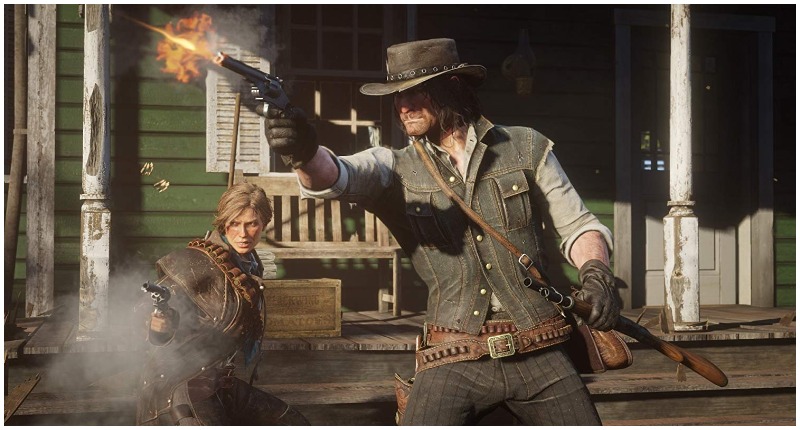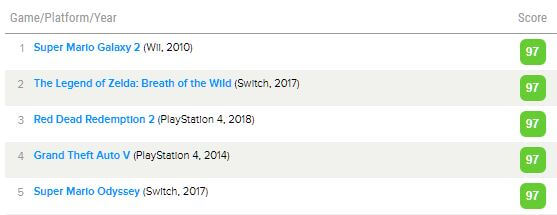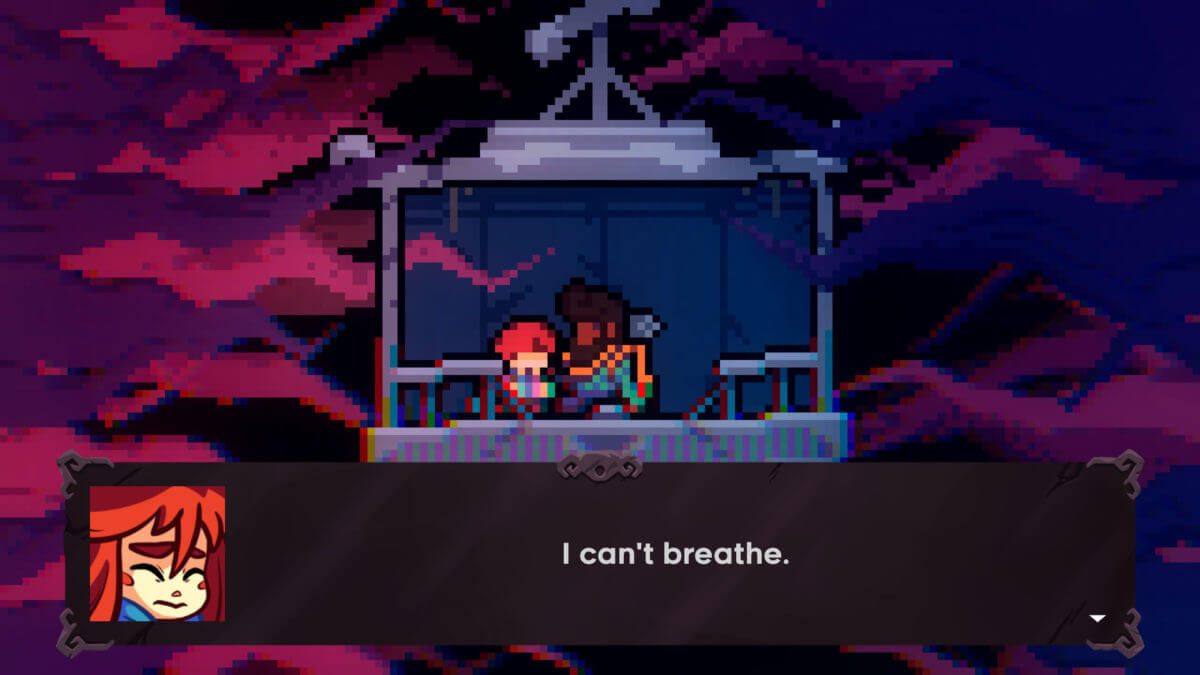We Need to Talk About Metacritic’s Sequel-Heavy ‘Games of the Decade’ List

Metacritic's list of the top-rated games of the decade makes for sober reading, since over 80% of the list is just sequels and re-releases. | Source: Rockstar Gamers
- Metacritic released a list of the top-rated games of the decade.
- Over 80% of the list is made up of recycled franchises instead of fresh ideas.
- The gaming industry needs more enjoyable, fresh IPs instead of recycling ideas over and over again.
Metacritic has released its list of the top-rated games of the decade, and it makes for sober reading. Of the top 10 games on the list, only one of them is actually a fresh IP. The other nine are iterations of the same franchises over and over again. In fact, the top five entries belong solely to Nintendo – king of milking ideas to death – and Rockstar.

It’s not necessarily a bad thing that we have so many great sequels coming out, but it does prove a point. The games industry is too heavily dependant on the same brands. Over and over again, the same handful of popular franchises are recycled and reimagined each generation.
Metacritic’s ‘Games of the Decade’ List Is Almost All Sequels
Of the 50 games featured , 43 of them are either sequels, reboots, or are based on wildly popular IPs from other mediums. That’s over 80% of the top games of the past 10 years. That’s a shocking amount of games. It certainly speaks to the stifling of creativity in the industry.
Not that sequels and reboots are inherently bad, but some balance is necessary. If most games that are coming out are just the same franchises over and over again, we’re never going to see anything new coming out. Realistically it’s just a symptom of the way that the industry is trending.

It’s Symptomatic of the Direction Gaming is Taking
Bigger budgets mean that investors and publishers are taking bigger financial risks when they back a video game. That means that when a game is being pitched to a big company, the only safe route is to attach it to something already popular. That way, even if it fails, it’s simple to say, “You saw the same numbers we did, I have no idea why it failed.”
It’s super easy to see this in effect, or rather the other side of that coin. Of the seven games on Metacritic’s “Games of the Decade” list not based on big IPs, four of them are indie games.
In a market not characterized by massive budgets, new game ideas are allowed to thrive. Considering how much money and advertising went into the rest of the list, it’s shocking to see even this small number of indie games managing to compete.
It seems clear to me that we need more games branching out and trying their own thing. It goes to show that a game doesn’t need multi-billion dollar budgets to be a big success.
If anything, the triple-A industry needs to learn some lessons from the indie crowd. That’ll probably happen around the time that EA stops being the most hated company on the internet.